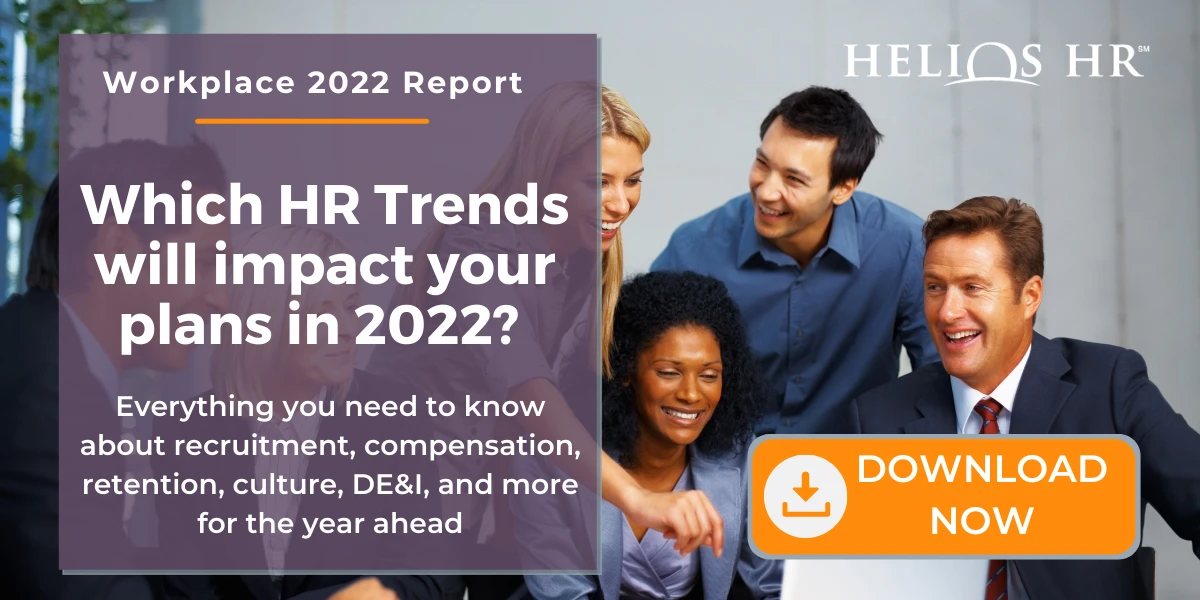By: Rachel Butler on February 3rd, 2021
Pros Vs. Cons of Personality Assessments in Business
Today, I see more and more of our clients utilizing personality assessments in their hiring and employee development practices. In fact, according to Psychology Today, about 80% of Fortune 500 companies use personality tests to assess potential and current employees to make hiring, team building, and developmental decisions.
In recent years, psychologists and human resources practitioners have suggested the use of personality testing as a tool to assist in making better and more informed hiring and developmental decisions. Some of the most common and widely used personality tests that we see include Myers-Briggs Type Indicator (MBTI), SOCIAL STYLE, Hogan Assessments, StrengthsFinder, and DiSC. However, before deciding to use personality assessments in your organization, there are some pros and cons to consider.
Pros of Using Personality Assessments at Work
- Strengthening the interview: A good personality assessment can help hiring managers to know which soft skills and behavioral interview questions they should pay attention to during the interview.
- Gaining a deeper insight into candidates: Employees and job candidates have a broad range of skills, abilities, and work styles. These differences are not always apparent on a resume or during an interview, so personality assessments can give you another tool for understanding what the candidate has to offer.
- Development and recognition tools: Personality assessments help you to understand the values, motives, and preferences of employees and will help you know what they need from you as an employer to stay engaged.
- Team building: Employees are increasingly working in collaborative, team environments. When building and managing teams, understanding the personalities of team members is critical for successful working relationships.
- Improving the culture: Personality tests can be used to enhance your organization’s culture by understanding each employee’s communication styles, leadership styles, learning styles, and level of introversion or extroversion.
Cons of Personality Assessments at Work
- Personality assessments take time: Testing and obtaining the results from a professional can take time, which can result in losing a candidate to another company.
- They aren't free: Personality assessments are an internal invesment. The cost of personality assessments can range under between $100 and $5,000 per candidate or employee.
- Rules and regulations: To increase the probability of accurate interpretations, and to avoid any unintentional discrimination, it is important that you find a fair and consistent test, and you use only trained, certified professionals (like my colleagues at Helios HR) to administer and evaluate the assessments.
- They aren't the final answer: Although personality assessments can help to provide a deeper insight into a candidate’s motives, values, and work styles, they do not give the final verdict on which candidate is the right one for the job when used for hiring. Personality assessments are not prediction tools. They simply provide you with indicators for success.
Overall, personality assessments can be very helpful to help identify the right personality for the role, to complement your existing team, or to help navigate any conflict that currently exists on your team. We see them particularly effective when aligning leadership teams. However, it is important to keep in mind that personality assessments are not a stand-alone tool. For hiring, they should be used in conjunction with behavioral interviews and references to reflect all of an applicant’s characteristics. The assessment should be job-related, consistent with business necessity, and compliant with any federal and state regulations pertaining to pre-employment testing. When used for leadership and team building purposes, we also recommend leadership team coaching and facilitation to be able to put what you learned into practice.






